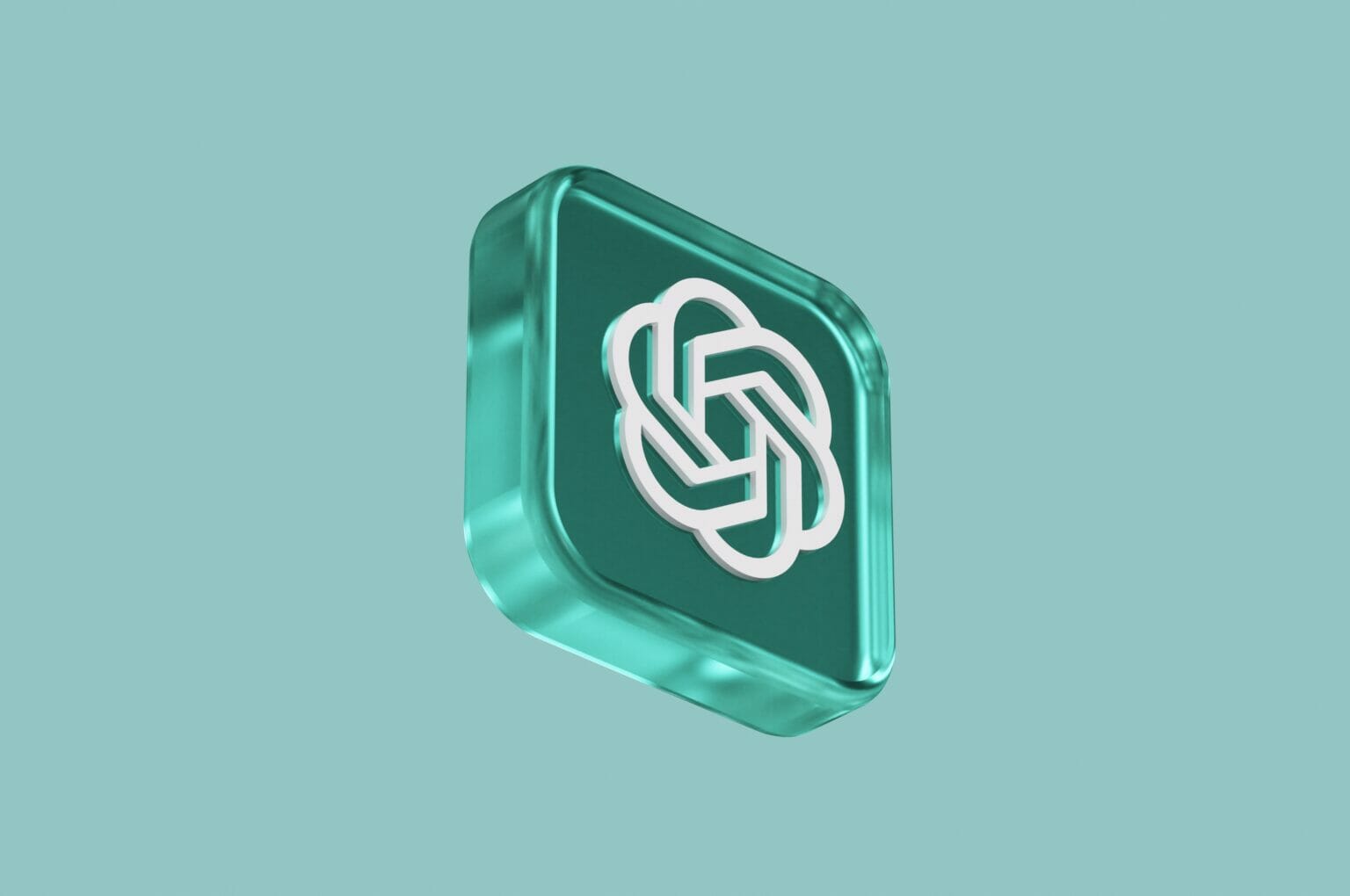AI “could go wrong.” ChatGPT’s creator, Sam Altman, has told the US Congress that the technology could cause “significant harm.”
The company’s CEO that made ChatGPT, OpenAI, has asked US lawmakers to set rules for artificial intelligence. Sam Altman said on Tuesday that the technology “could go quite wrong,” and he compared the creation of AI programmes to the birth of the printing press.
During a five-hour meeting at the Senate Judiciary Committee, the creator of ChatGPT was asked many questions about how AI chatbots could be dangerous and how they could change the course of human history. Altman said that his biggest worry is that “significant harm” could be done by the technology.
“If this technology goes wrong, it could go very wrong,” he said, adding that OpenAI is trying to “work with the government to ensure that doesn’t happen.”

Senators asked Altman about the specific dangers posed by ChatGPT and similar models.
Josh Hawley of Missouri wondered whether the technology could sway elections.
“Should we be worried about models that can predict what people will say in a survey and then help groups and organisations fine-tune their plans to get voters to do something?” Hawley asked.
In response, Altman said that AI’s ability to persuade was one of his “greatest areas of concern,” he insisted that a lot of work needed to be done to control the technology before the 2024 US presidential election.
Connecticut Senator Richard Blumenthal talked about how AI could hurt the job market and called it “the biggest nightmare” for people.
Altman agreed that machines would finally do some jobs, but he said that as technology improved, new jobs would also be created.
The meeting on Tuesday was the first in a series meant to find ways to regulate AI programmes like ChatGPT. Since it came out at the end of last year, the app has grown faster than any other in history. In just two months, it had more than 100 million users. Fearing AI could soon get out of hand, US lawmakers have said that control measures should have been taken long ago.
Geoffrey Hinton, known as the “godfather of AI,” said earlier this month that the rise of AI is a “more urgent” threat to humanity than climate change. Other tech industry leaders, like Elon Musk, CEO of Tesla, and Steve Wozniak, co-founder of Apple, also signed an open letter in March warning about the dangers of an AI arms race that is not controlled. They asked Silicon Valley to stop making progress on the technology for six months.
